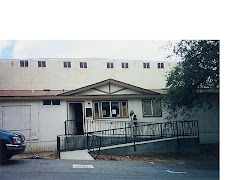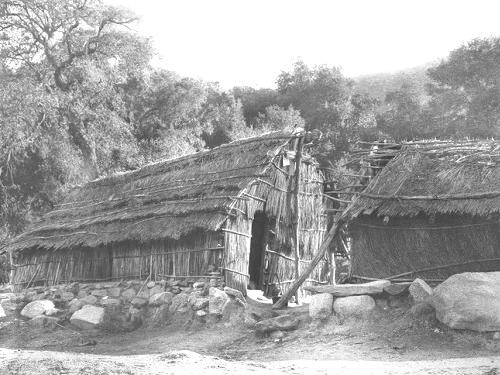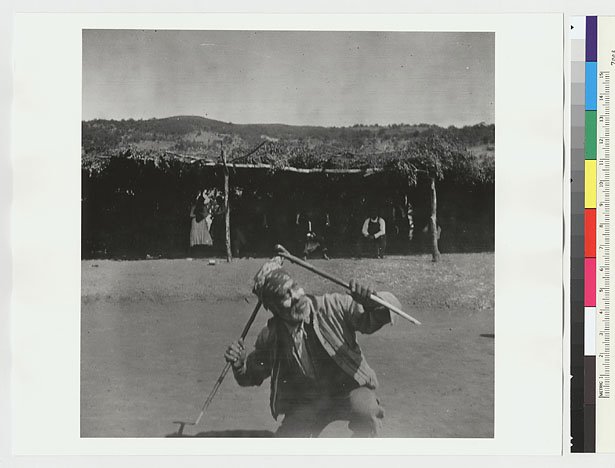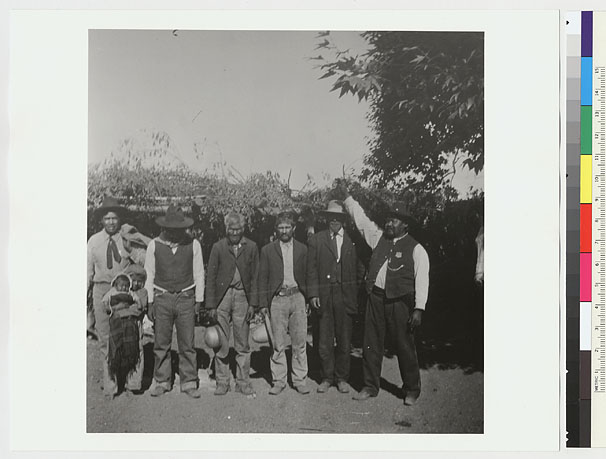
National Book Festival to celebrate books, authors, illustrators and publishers from all 50 states, they may hear something quite different from the usual readings—the Ojibwe language.
For the first time, a book with no English has been chosen as a Best Read for 2011, selected by each state and the District of Columbia. That thrills Anton Treuer, co-editor and one of the writers of Awesiinyensag: Dibaajimowinan Ji-gikinoo’amaageng (Wiigwaas Press, 2011), a young reader Ojibwe-language book.
In the book, 12 writers, co-editor Jim Cihlar and Ojibwe illustrator Wesley Ballinger depict animals playfully dealing with situations that will resonate with children from just about any culture, according to the publisher. It’s the first in a series planned by the imprint, which was started in 2008 by American Indian authors Heid and Louise Erdrich to promote learning the Ojibwe language, Anishinaabemowin.
Heid Erdrich said Ballinger’s artwork “makes the book enjoyable for those who don’t read Ojibwe and understandable for those who are beginners in the language, like me.”
It is pioneering in other ways, too.
“As far as I know, this is the first time that a non-English book has been chosen by a state. I do think that there have been a couple of dual-language books chosen,” said John Y. Cole, director of the Library of Congress’s Center for the Book, which sponsors the annual event.
“I think it’s great that anyone who wants to read Minnesota’s best book in 2011 has to do it in Ojibwe!” said Treuer, the Bemidji State University Professor of Ojibwe and co-editor of the series of original stories inspired by Ojibwe elders and speakers. A prodigious author himself, he wrote two English-language books, published last year, that were based largely on oral histories gathered directly from Ojibwe speakers over the course of several years.
“It’s exciting,” agreed Heid Erdrich. “It was really blessed, completely blessed. We’d just put the next [Ojibwe language] book to the printers.”
The book was created especially for use in Ojibwe immersion language schools. All the stories are new, original tales for children, based on conversations with elders and fluent Anishinaabemowin speakers. The book uses regional dialects, so there is a broad representation of variations within the Ojibwe language.
Each state, through its own affiliate of the Center for the Book, chooses a book to represent it at the festival. The free, public festival is organized and sponsored by the Library of Congress and will run from 10 a.m. to 5:30 p.m. on Saturday September 24 and Sunday, September 25 from one to 5:30 p.m.
The Ojibwe book will be among thousands of titles at the festival, where more than 100 authors, illustrators and poets will present their work on the National Mall at pavilions for Fiction & Mystery, History & Biography, Contemporary Life, Poetry & Prose, Children and Teens, according to the festival site. There will also be a Family Storytelling Stage, and, on Sunday, the Cutting Edge, State Poets Laureate and Graphic Novels will be presented at the Pavilion of the States.
“We try to pick books that are going to make people think a little differently about books … and to show that Minnesota is kind of a unique place,” said Matthew Brandt, vice president of the Minnesota Humanities Center and Minnesota’s Center for the Book, which nominated Awesiinyensag, adding that the goal is “to be a little different and to teach through the selection of the book, or to learn together.”
Besides representation from each state, the National Book Festival attracts a variety of publishers, authors and illustrators with areas specific to certain genres. Award-winning author Sherman Alexie will attend the festival for the first time, featuring his newest book, War Dances.
Friday, September 23, 2011
a book with no English has been chosen as a Best Read for 2011
Posted by
Karen Vigneault Librarian
at
9:04 AM
![]()
Subscribe to:
Post Comments (Atom)






No comments:
Post a Comment